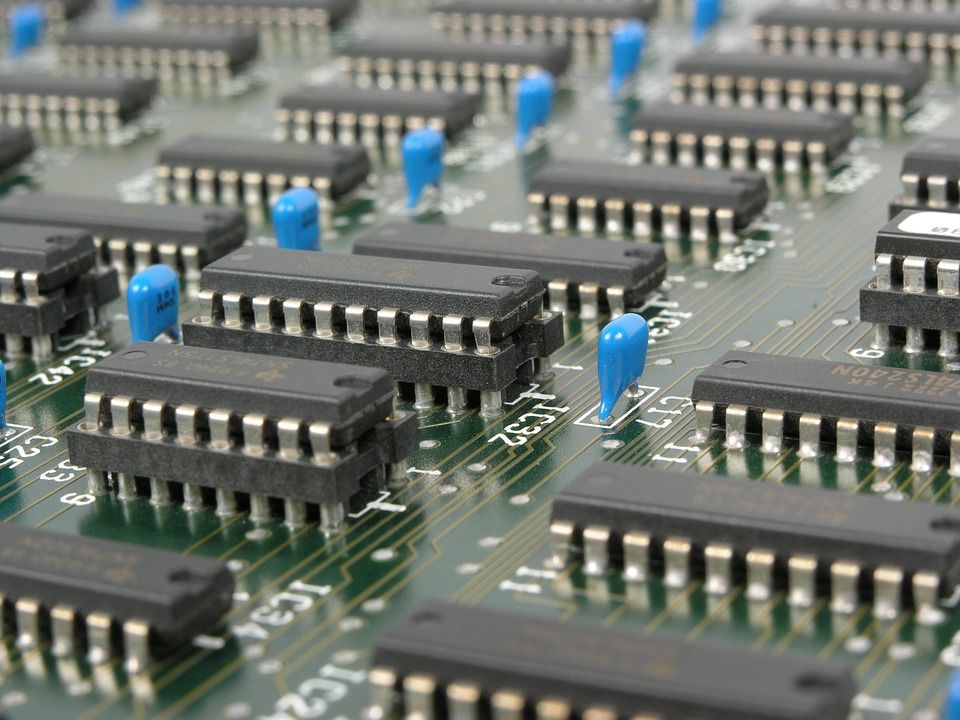Sep 8, 2016
Carbon Nanotube Transistors Twice As Efficient As Silicon, Study Shows
Posted by Karen Hurst in categories: computing, nanotechnology, particle physics
Scientists at the University of Wisconsin-Madison have shown for the first time that transistors fashioned out of carbon nanotubes are actually twice as efficient as regular silicon varieties. This comes after decades of research regarding how carbon nanotubes can be used to design the next generation of computers. Speaking about the breakthrough, recently published in the Science Advances journal, Michael Arnold, a member of the team, said:
Making carbon nanotube transistors that are better than silicon transistors is a big milestone. This achievement has been a dream of nanotechnology for the last 20 years.
Continue reading “Carbon Nanotube Transistors Twice As Efficient As Silicon, Study Shows” »















